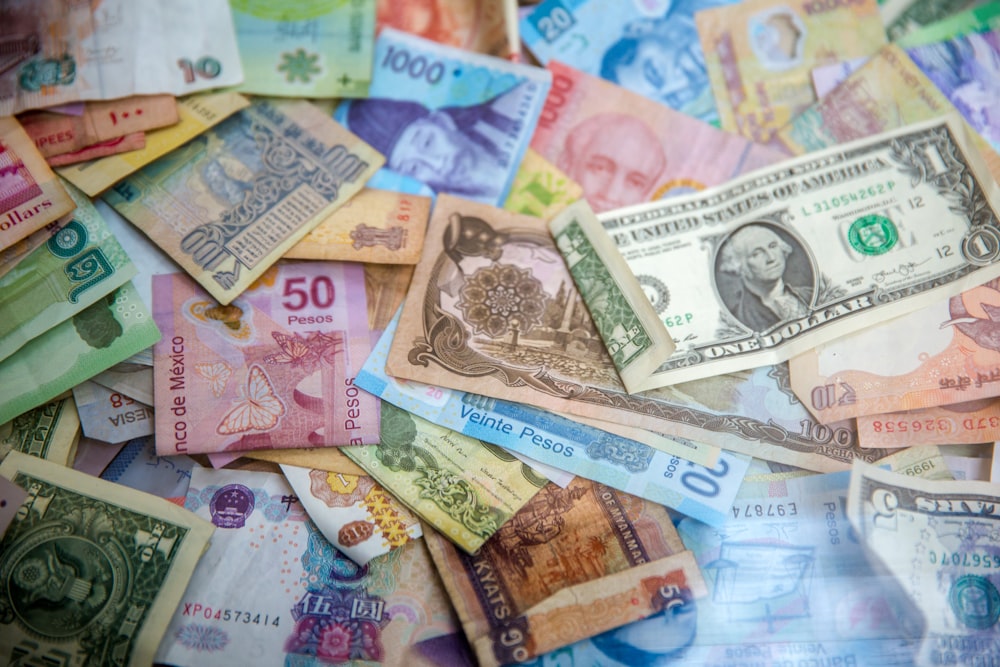Eurozone Inflation And Future Of Rate Hike Cycle
Photo by Jason Leung on Unsplash
The ECB has only two more meetings for the rest of the year. Which means that the space to get inflation under control by the end of December is getting tight. The common bank is behind other major central banks in raising policy, which has kept the shared currency relatively weak. Therefore, there is a lot of expectation on what will happen with inflation.
Though, it should be noted that the next ECB meeting isn’t until late October, meaning that there is still another round of CPI data coming out before they meet. So, that is likely to have a much bigger impact on what the bank actually decides to do. On the other hand, the series of CPI figures expected later in the week are expected to shape interest rate expectations. And that, in the end, is the main driver of the currency.
Restoring credibility
A series of ECB officials have come out to talk in a way that suggests potentially stronger action. Rumors of a 75bps hike in October are starting to grow. This is because of the going theory among central bankers that inflation is shaped by the “credibility” of the central bank. That is, it’s how confident the market is that it will raise rates as needed to get inflation down.
Both Nagel and de Cos made comments to that effect yesterday. But they need to be contextualized within the ECB’s Chief Economist Lane’s views expressed also yesterday. That is, expecting a significant decrease in inflation through the course of next year. In other words, the ECB might be coalescing around the idea of a sharp rate hiking through the next couple of months to force CPI figures to turn around.
It’s out of their hands
The thing is, while the ECB did expand the monetary base by around 10% during the pandemic, a larger chunk of the inflationary effects come from external factors. Higher energy costs, and increased cost of imported goods from China due to lockdowns, are the two main ones. That isn’t something monetary policy can fix.
On the other hand, China is seen relaxing some of the covid restrictions, and energy prices have been falling (although over fears of a pending global recession). That could contribute to lower inflation next year regardless of what the ECB does. So, it might come down to a matter of whether the ECB thinks it can control prices.
What to look out for
On Thursday, Germany reports Inflation figures, which are expected to set the tone for the rest of the shared economy. German September monthly inflation is expected to accelerate to 1.1% from 0.3% prior. That would contribute to annual inflation jumping to 9.5% compared to 7.9% prior.
Then on Friday we get EuroZone headline inflation rate expected to move up to 9.6% from 9.1% in August. Of course what the ECB pays the most attention to is the core rate, which is also expected to accelerate, though not as sharply. Core September inflation is forecast at 4.7% compared to 4.3% prior.
More By This Author:
Intraday Market Analysis – GBP Probes Resistance
AMZN Huge Correction Begins Primary Impulse!
Intraday Market Analysis – GBP Breaks Support
Disclaimer: Orbex LIMITED is a fully licensed and Regulated Cyprus Investment Firm (CIF) governed and supervised by the Cyprus Securities and Exchange Commission (CySEC) (License Number 124/10). ...
more



